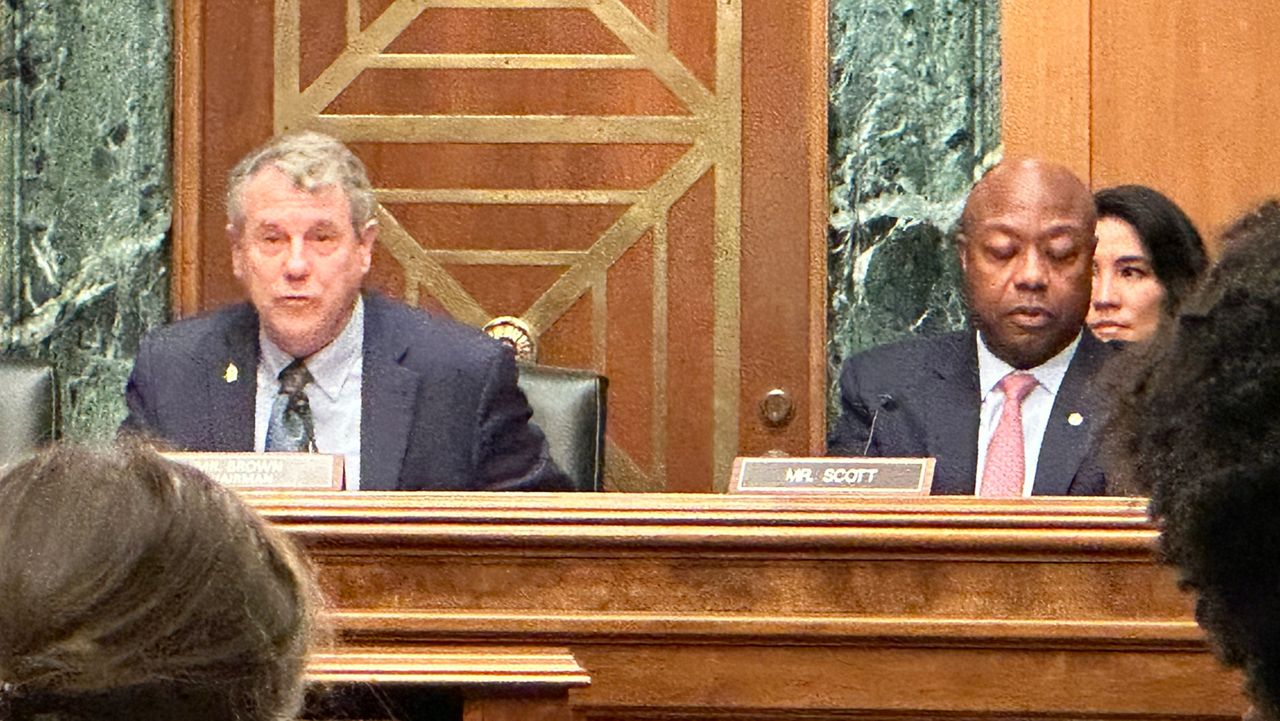WASHINGTON, D.C. — Ohio Gov. Mike DeWine on Dec. 28 signed into law a measure to limit car emission standards and prevent cities from restricting new sales of gas-powered vehicles.
The move to ban future bans of gas-powered vehicles comes amid a nationwide shift to electric vehicles in an effort to curb carbon emissions. These theoretical bans, however, may just be a paper tiger, as there have been no efforts by the state of Ohio—or any city or town in it—to restrict gas-powered vehicle sales.
What You Need To Know
- Gov. Mike DeWine signs law to ban future bans of gas-powered vehicles
- The GOP-led House passed a similar measure earlier this month
- No gas-powered vehicle sales bans are known to have been proposed in Ohio
Introduced in June and passed by the Ohio General Assembly earlier this month, House Bill 201 prevents local municipalities from passing emissions standards strict enough to essentially exclude gas-powered vehicles.
The law also prevents Ohio from passing stricter emissions standards than the federal government. Under the Clean Air Act, states are permitted to enact stricter emissions standards, though only California has done so. In California at least 35 percent of new cars sales must be either zero-emission or hybrid by 2026. All passenger cars and trucks must be zero-emission by 2036, and all medium and heavy-duty vehicles must be zero-emission by 2045.
The federal Environmental Protection Agency (EPA), meanwhile, has proposed new, stricter emissions standards that may be impossible for gas-powered vehicles to meet. According to the EPA’s estimates, up to 67% of new vehicles sold by 2032 may have to be electric in order for carmakers to be in compliance.
In response, all Ohio Republicans in the House of Representatives voted earlier this month to approve the Choice in Automobile Retail Sales Act to prevent the proposed standards from coming into effect.
“Working-class Americans who need reliable and affordable transportation would take the hit from a mandate eliminating their options. This bill protects our constituents, allowing them to buy the automobile that makes the most sense for them,” Rep. Bill Johnson, R-Ohio, argued in support of the bill.
Biden administration officials said the move was unnecessary, as more Americans are choosing to purchase electric vehicles anyway. More than a million were sold in the U.S. this year, an all-time high.
“People want to move towards electric vehicles because they’re cleaner and they’re now just as good a car. As the prices come down, that will be the choice of the consumer,” said Amos Hochstein, White House special presidential coordinator for global infrastructure and energy security. “We shouldn’t restrict the move to it because the whole world is moving there. What we want is the United States that has already led the world in vehicles, in the auto industry, to continue.”
Ohio’s new law comes even as the state is investing $140 million in federal funds to build EV charging stations across the state. The first, a pilot travel center on I-70 in Madison County, opened on Dec. 8.
“This is the future,” Gov. DeWine said at the opening. “You know, we like Ohio to be looking towards the future. If they want electric car, we want them to be able to have a place where they can start.”









